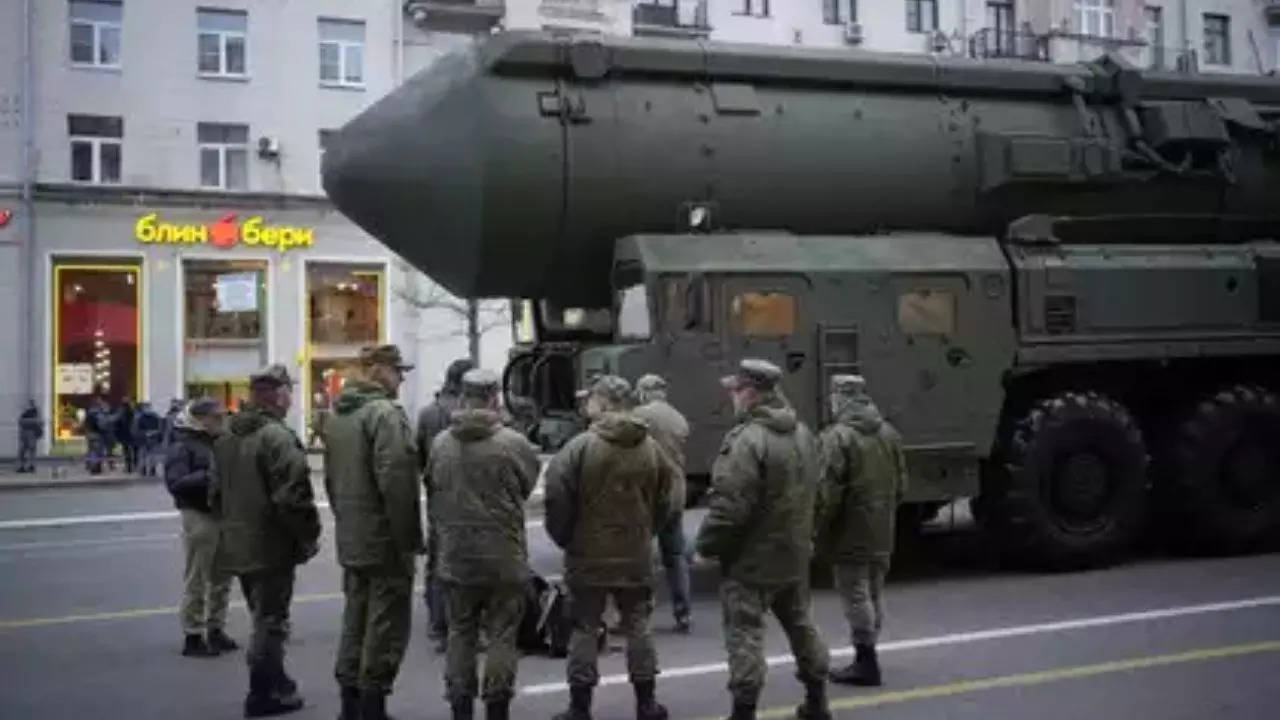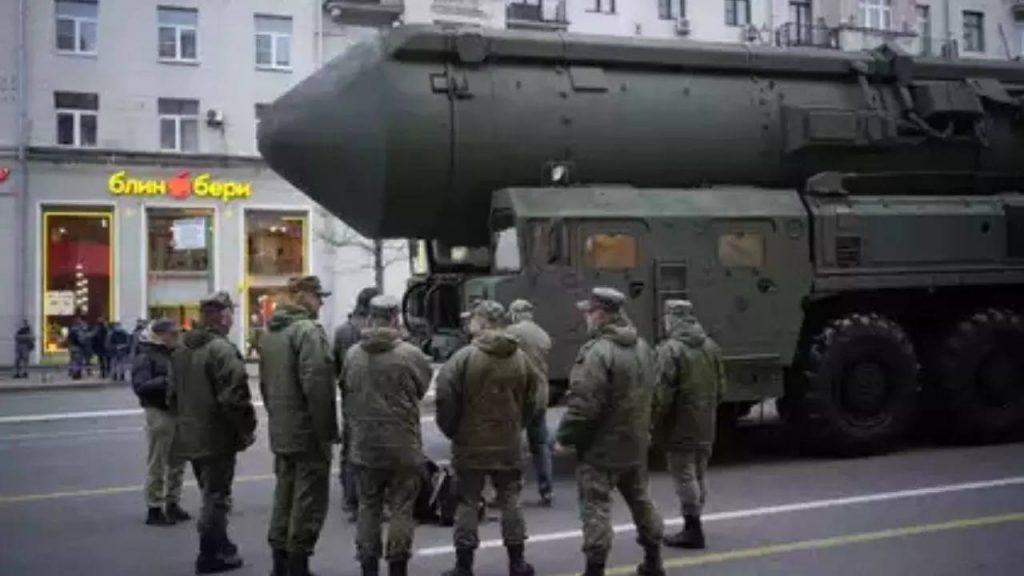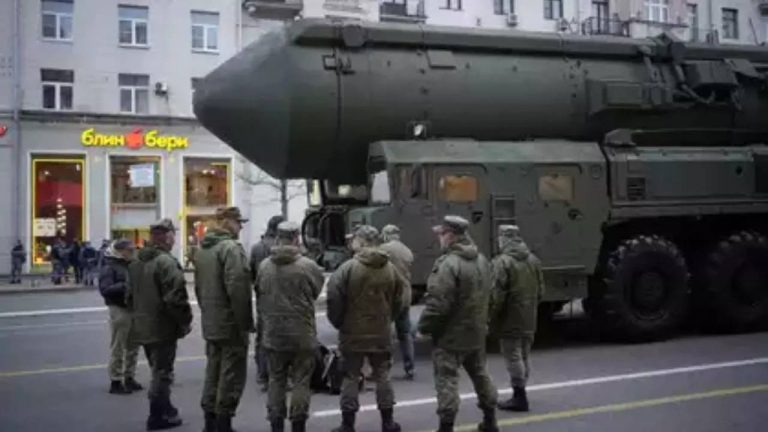After the fall of the Soviet Union, Ukraine inherited a significant nuclear stockpile. However, due to financial burdens and geopolitical risks, Ukraine decided to relinquish its nuclear weapons. The 1994 Budapest Memorandum promised security guarantees to Ukraine, but these guarantees proved unreliable when Russia annexed Crimea and supported separatists in Ukraine. The current Russia-Ukraine conflict underscores the vulnerabilities of Ukrainian security without nuclear deterrence. The decision to give up nuclear weapons has left Ukraine exposed to external threats, prompting a reevaluation of its security strategies. The ongoing conflict serves as a stark reminder of the importance of nuclear deterrence in safeguarding national security. As Ukraine grapples with these challenges, the international community closely monitors the situation in Eastern Europe. The implications of the conflict extend beyond Ukraine’s borders, impacting geopolitics in the region. The need for a robust security framework to address emerging threats becomes increasingly apparent in the face of escalating tensions. Ukraine’s experience serves as a cautionary tale for other nations considering disarmament. The delicate balance between national security and international commitments remains a key consideration for policymakers worldwide. In the complex landscape of global security, the lessons learned from Ukraine’s disarmament decision resonate profoundly.

Posted in
JUST IN
Ukraine’s Nuclear Past and Current Security Challenges: From Stockpile to Vulnerability in Russia-Ukraine Conflict
In Trend



















